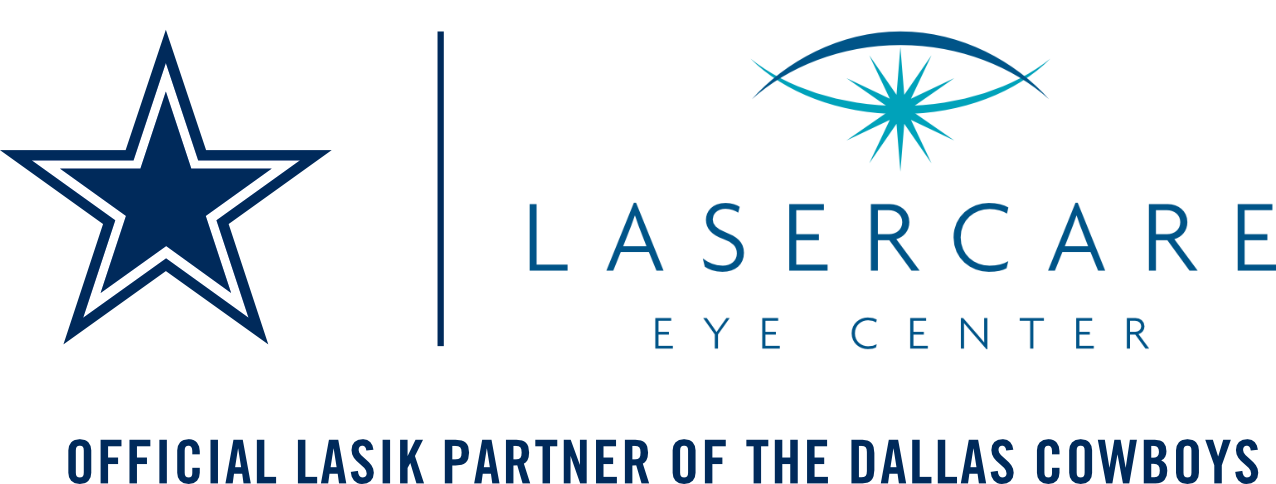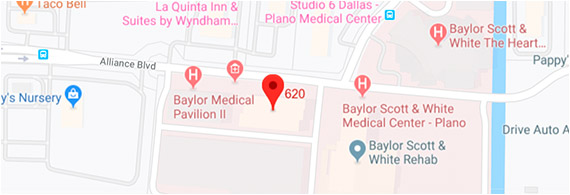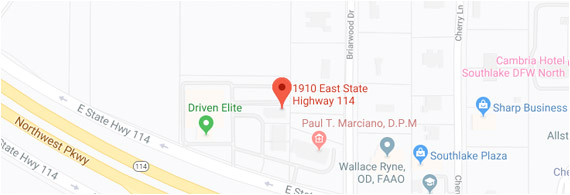Cataract Surgery Recovery Time

Cataract surgery recovery time is minor and varies among patients. Recovery is not immediate for any procedure. However, cataract surgery is safe and effective. The average success rate is 98 percent.
You will be given a sedative and a local anesthetic before surgery. Cataract surgery is an outpatient procedure completed in less than one hour. Your cataract surgery recovery time begins immediately following your outpatient procedure. Resting for around 30 minutes while the anesthesia wears off.
You might still feel a little groggy while you are resting. This is normal. Your surgeon or assistant can answer your questions during your time in recovery. The assistant will get instructions for you and schedule your follow up appointments.
The Day of Your Cataract Surgery
- A light shield will be taped over your eye immediately after surgery to keep you from accidentally rubbing your eye.
- You will be required to follow up with your cataract surgeon the same day or next day.
- You will be given dark sunglasses for your ride home to reduce your sensitivity to light.
- You will not be able to drive for the first 24 hours. Ask someone else to drive you home.
- Post-procedure prescriptions need to be filled.
- You may feel a gritty sensation, burning, or stinging in your eye. These are all perfectly normal.
- Apply eye drops to reduce the inflammation and avoid infection.
- You may be allowed to take off the protective shield when you get home, but will be advised to wear it while you sleep.
- Avoid rubbing or applying pressure to your eye.
- Plan to take it easy when you get home.
- Ask someone to drive you to your follow up appointment until you are released to drive.
During the first few weeks of your cataract
Recovery time you will want to
- Avoid getting water in your eye while bathing or taking a shower.
- Wear dark sunglasses with ultraviolet protection outdoors.
- Avoid bending below the waist and do not lift anything over ten pounds during the first week. Straining on the toilet, or holding your breath should also be avoided because they may cause pressure to build up inside your eye and open the incision.
- Your eye may be sensitive to touch for a few days following cataract surgery. Contact your doctor if you experience substantial discomfort or notice it getting worse.
- Keeping your eyes moist will help you heal faster. Use artificial tear eyedrops frequently to avoid dry eyes.
- You may see halos or glares that normally go away within a couple of weeks. Blurriness should subside in a week or so. Talk to your doctor if your vision is still blurred after a week, or so.
You can expect to return to normal activity during the first week. Your surgeon will best determine the appropriate times to resume heavier activities. Talk about your concerns during your follow up visits. - Your doctor and staff care about you and want the best possible results and the least risk for complications after cataract surgery. Following your surgeon’s instructions regarding what you should and should not do after your cataract surgery are important.
- Several follow up appointments will be scheduled during your cataract surgery recovery time. A secondary cataract may develop during the first few months following cataract removal. This is a common complication following cataract removal and can be corrected with a painless procedure called a capsulotomy.
Within a few months, your vision should be clear and your eyes should be comfortable. You will want to continue wearing sunglasses outdoors, and consider wearing safety glasses while playing sports.
If you have cataracts in both eyes vision will not seem to be improved until cataracts are removed in both eyes.
If you choose a ReStor lens, Panoptix Trifocal IOL, or other multifocal Interocular Lens (IOL) to replace your natural lens during cataract surgery. It may take longer before you are completely satisfied with your vision. This is because it takes some time for your brain to become accustomed to your new lens. Vision may fluctuate for a few days up to a few weeks before stabilizing.
Cataract surgery recovery time is shortened considerably if performed with the use of a laser, like the Femtosecond Laser. Also, no stitches or large incisions are required; pain is minimal; vision is restored faster.
Chances of getting a cataract increase with age. For instance, only five percent of people under the age of 55 are expected to have cataracts while over 68 percent of 80-year old’s will get cataracts.
Cataract surgery recovery time is about a month to achieve long-lasting clear vision at all distances. The best candidates for successful outcomes are those with blurred or cloudy vision, light sensitivity, and color dullness. Contact LaserCare Eye Center for an appointment if you suspect cataracts.






